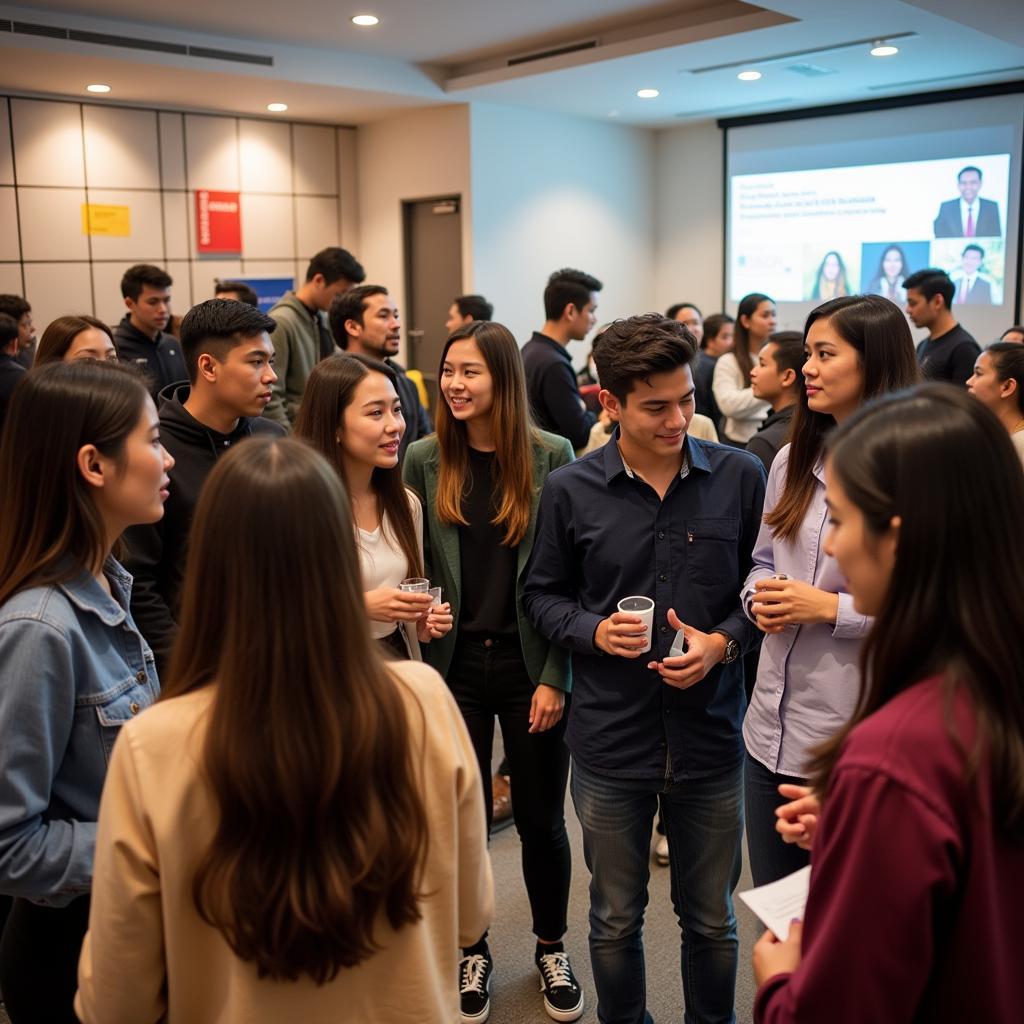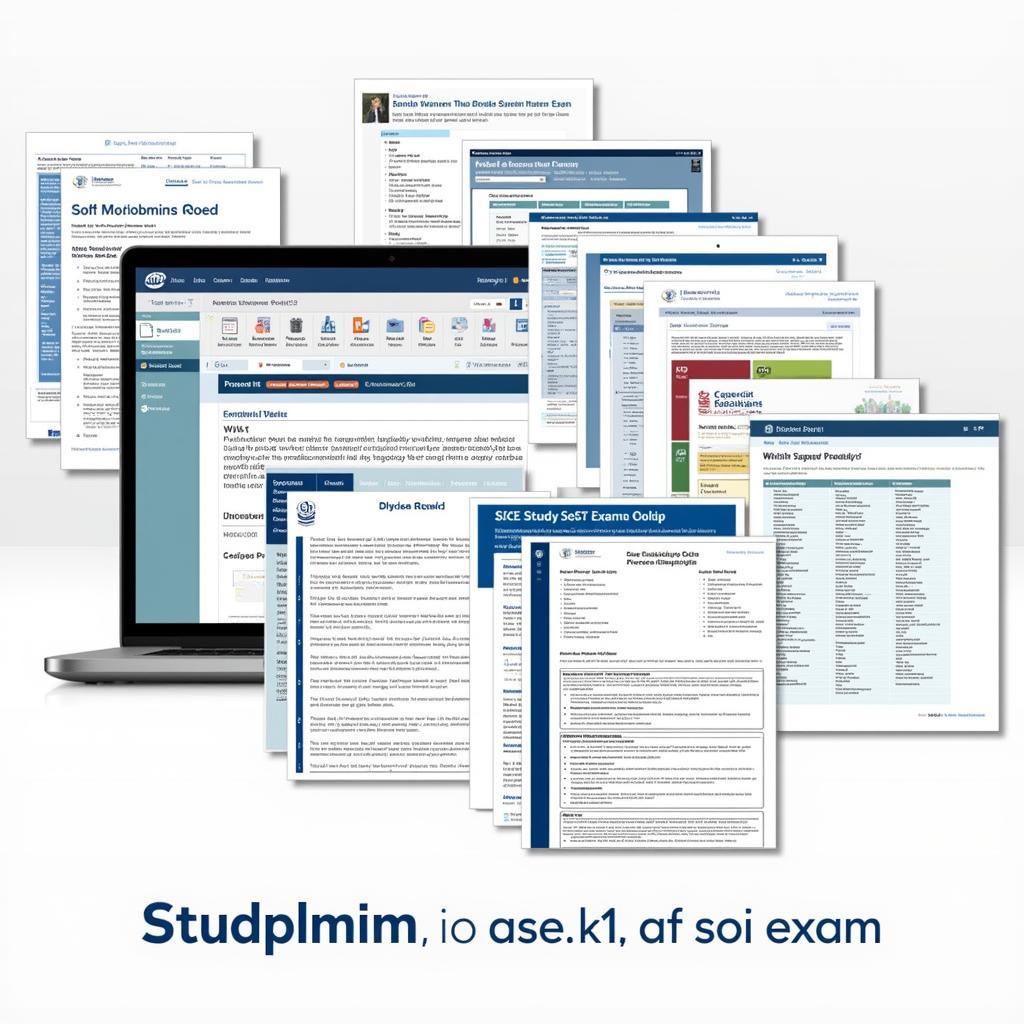ASEAN workers are a vital part of the region’s dynamic economy, contributing significantly to its growth and development. This article delves into the world of the ASEAN worker, exploring the opportunities and challenges they face, as well as emerging trends shaping their future. We’ll examine the diverse landscape of ASEAN labor markets, from skilled professionals to migrant workers, and analyze the factors influencing their success and well-being.
Navigating the Opportunities for the ASEAN Worker
The ASEAN Economic Community (AEC) has opened doors for ASEAN workers, fostering greater mobility and integration within the region. This has created opportunities for skilled workers to seek employment in other ASEAN countries, promoting knowledge transfer and economic growth. The rise of digital platforms and the gig economy has further expanded opportunities, offering flexible work arrangements and access to a wider range of jobs. However, these opportunities are not without their challenges.
ASEAN Worker Mobility and the AEC
The AEC has been instrumental in facilitating the movement of skilled labor within ASEAN. Mutual Recognition Agreements (MRAs) for professions like engineering, nursing, and architecture have streamlined the process of professional recognition, making it easier for qualified individuals to work across borders. ase worker pool This has led to increased competition for talent, driving up wages and encouraging professional development. However, navigating the bureaucratic processes and varying regulations across different ASEAN countries can still be a complex undertaking.
Challenges Faced by the ASEAN Worker
Despite the progress made, ASEAN workers still face significant challenges. These include wage disparities, skills gaps, and inadequate labor protections. Migrant workers, in particular, are often vulnerable to exploitation and discrimination, highlighting the need for stronger regional cooperation to protect their rights and ensure fair working conditions. Moreover, the rapid pace of technological advancements requires workers to constantly upskill and adapt to remain competitive in the evolving job market.
Addressing the Skills Gap for the ASEAN Worker
The skills gap is a growing concern for ASEAN economies. As industries become more technologically advanced, the demand for specialized skills is increasing, leaving many workers behind. Governments and educational institutions are working to address this issue by promoting vocational training and developing programs that equip workers with the skills needed for the future of work.
Future Trends Impacting the ASEAN Worker
Several key trends are shaping the future of work for ASEAN workers. The rise of automation and artificial intelligence (AI) is transforming industries, creating both opportunities and challenges. While some jobs may be displaced, new roles requiring digital literacy and problem-solving skills are emerging. ase safety shoes, ase placement abusif The COVID-19 pandemic has also accelerated the adoption of remote work and digital platforms, further emphasizing the need for adaptability and digital skills. How can ASEAN workers prepare for these changes? What support systems are needed to ensure a smooth transition into the future of work?
The Role of Technology in Shaping the Future for the ASEAN Worker
Technology is playing a central role in transforming the ASEAN workplace. The adoption of automation and AI is increasing productivity and efficiency, but also requires workers to adapt and acquire new skills. acwc asean adalah Governments and businesses are working to create a supportive environment for technological adoption, including investing in digital infrastructure and providing training programs to equip workers with the necessary digital skills.
In conclusion, the ASEAN worker is a crucial driver of the region’s economic growth. While significant opportunities exist, addressing the challenges and preparing for future trends are essential for ensuring the continued success and well-being of ASEAN workers. ase lønsikring kontakt Investing in education, skills development, and social protection mechanisms will be critical for creating a more inclusive and prosperous future for all ASEAN workers.
 Future of ASEAN Workers
Future of ASEAN Workers
Expert Insights:
- Dr. Maria Santos, Economist, ASEAN Institute for Economic Research: “Investing in human capital is crucial for unlocking the full potential of the ASEAN workforce. Targeted training programs and skills development initiatives will be essential for preparing workers for the jobs of the future.”
- Mr. Tan Boon Seng, CEO, Regional Tech Solutions: “Embracing digital transformation is not just about adopting new technologies, it’s about empowering workers with the skills to thrive in a rapidly changing environment. Lifelong learning and adaptability are key.”
- Ms. Nguyen Thi Lan, Labor Rights Advocate, ASEAN Workers’ Rights Network: “Protecting the rights and well-being of all ASEAN workers, particularly migrant workers, is paramount. Stronger regional cooperation and enforcement of labor standards are essential for creating a fair and equitable work environment.”
When you need assistance, contact us by Phone: 0369020373, Email: [email protected] or visit our address: Thôn Ngọc Liễn, Hiệp Hòa, Bắc Giang, Việt Nam. We have a 24/7 customer service team.


